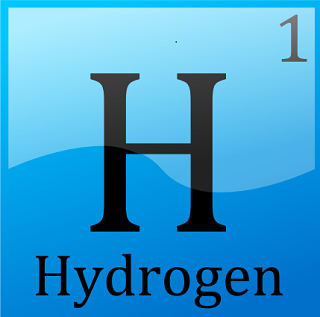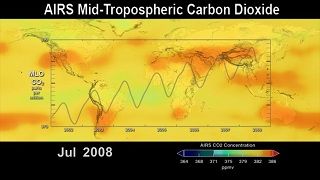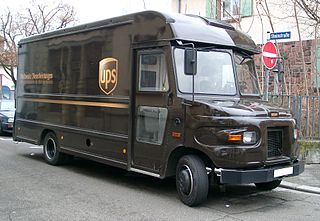Supercapacitors as Energy Storage Devices
A young, bright, and extremely respectful friend sent me this video on supercapacitors a few hours ago. And, since he had been very active in communicating with me lately, he wrote, “Tell me to shut up if I get to be a problem.” I respond:
Ha! You’re NEVER a problem. Trust me. I have problems, and you, my friend, are not one of them.
Having said that, supercapacitors are super-hyped, IMO. Yes, the rate at which energy can be charged and discharged (i.e., power) is limited with batteries. But this isn’t the factor that is limiting the success of the technologies that will change our world. Would it be of great benefit if you could charge your cell phone in 30 seconds, or discharge its battery more quickly? No.
When it comes to this subject, there are two issues on a scale that’s of importance to society:
• utility-scale energy storage (which will enable replacing coal, natural gas and nuclear with renewables) and
• electric transportation (which will enable replacing oil with renewables).
Both of these are really about energy, and far less about power, i.e., the rate at which energy is transferred. If you’ve ever sat down behind the wheel of an EV, certainly a Tesla (0 – 60 in 3.9 seconds), but even a Nissan Leaf, you won’t bemoan the vehicle’s sluggishness, because there is none to speak of. I.e., you have plenty of power. You may, however, wish you could drive beyond the vehicles’ range of say, 90 miles. I.e., you may wish you had more energy.
I believe the most important breakthroughs will come in energy density, not power density. As always, I encourage comments.
And again, please, never think that you’re a bother.

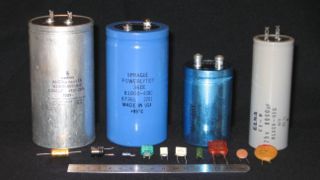

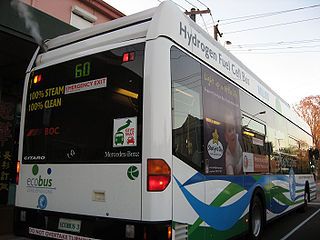 Earlier today I wrote a post in which I pointed out the
Earlier today I wrote a post in which I pointed out the 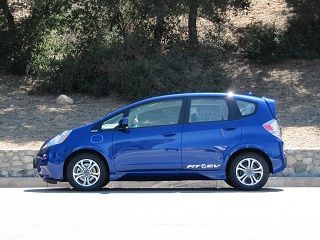 A friend sent me this piece on
A friend sent me this piece on 
